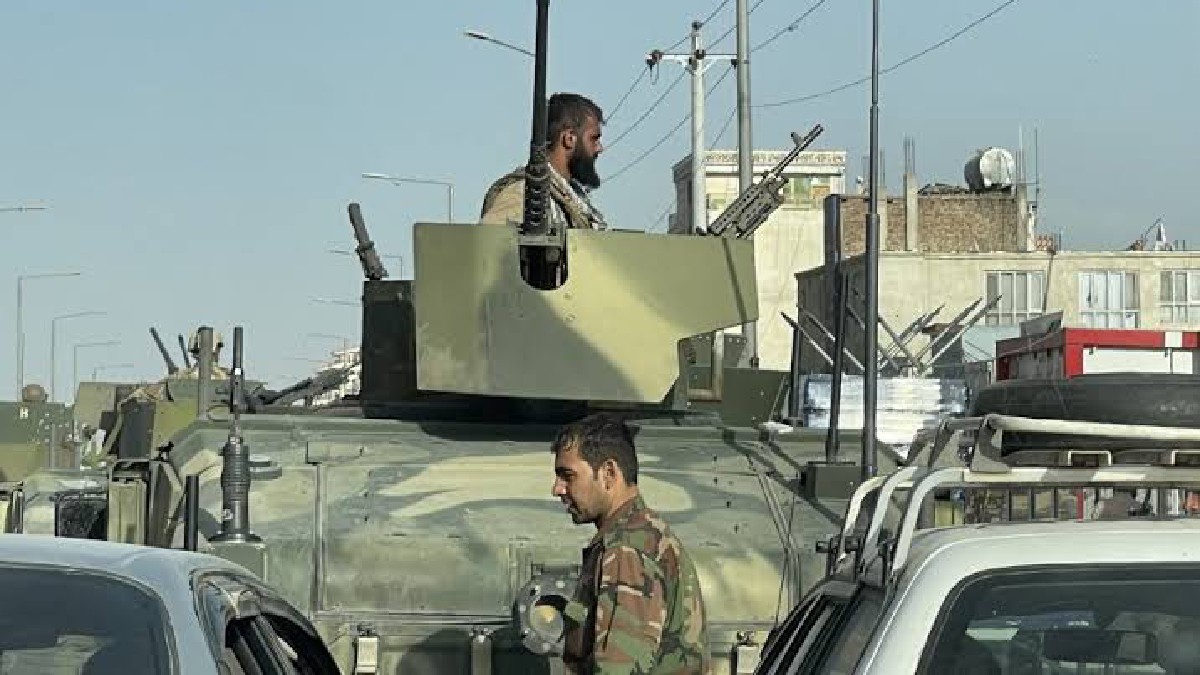Afghanistian
As a Requirement for Assistance, See What The EU insists the Taliban must Do Security.

The European Union is willing to work with the new Taliban government in Kabul, but the Islamist group must protect human rights, including those of women, and not allow Afghanistan to become a safe haven for terrorists, the EU’s foreign policy leader said on Friday.
See also Baradar, Taliban Co-Founder, To Command Afghanistan’s New Government.
“We will have to interact with the new Afghan government in order to support the Afghan citizens,” Josep Borrell said during a meeting of EU foreign ministers in Slovenia. He predicted a “operational involvement” that would “grow depending on the behavior of this government” but would not entail formal recognition of the Taliban authority.
According to Borrell, the new government must prevent the country from becoming a breeding ground for extremists, as it did during the Taliban’s previous reign.
It must protect human rights, the rule of law, and media freedom, and it must form a transitional government with other political groups.
More than two weeks after retaking power, the Taliban have yet to form a government.
Their administration from 1996 to 2001 was distinguished by harsh punishments and a restriction on women and girls attending school or working, and many Afghans and international governments fear a return to similar policies.
See also Baradar, Taliban Co-Founder, To Command Afghanistan’s New Government.
The militants claim to have changed, but have yet to specify the regulations they will follow.
According to Borrell, the new Kabul government must also provide open access to humanitarian aid while adhering to EU regulations and delivery conditions. “We will expand humanitarian help, but we will evaluate it based on the access it provides,” Borrell added.
According to aid organizations, Afghanistan is suffering a humanitarian disaster in the midst of an economic crisis brought on by the fighting, a drought, and the COVID-19 pandemic.
According to EU experts, over 18 million Afghans – roughly half the population – are already in need of humanitarian assistance.



